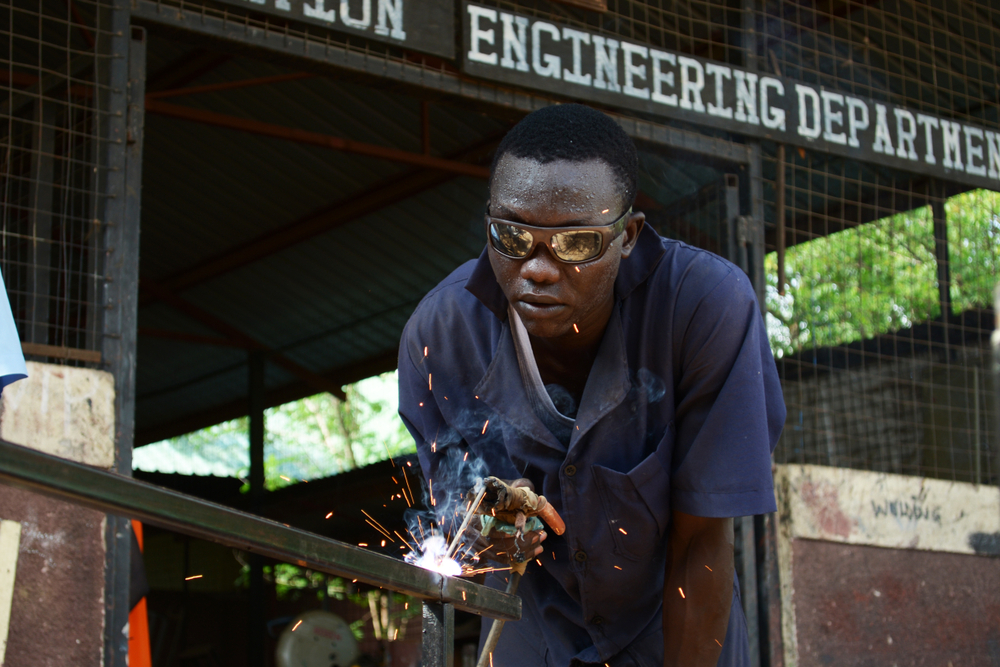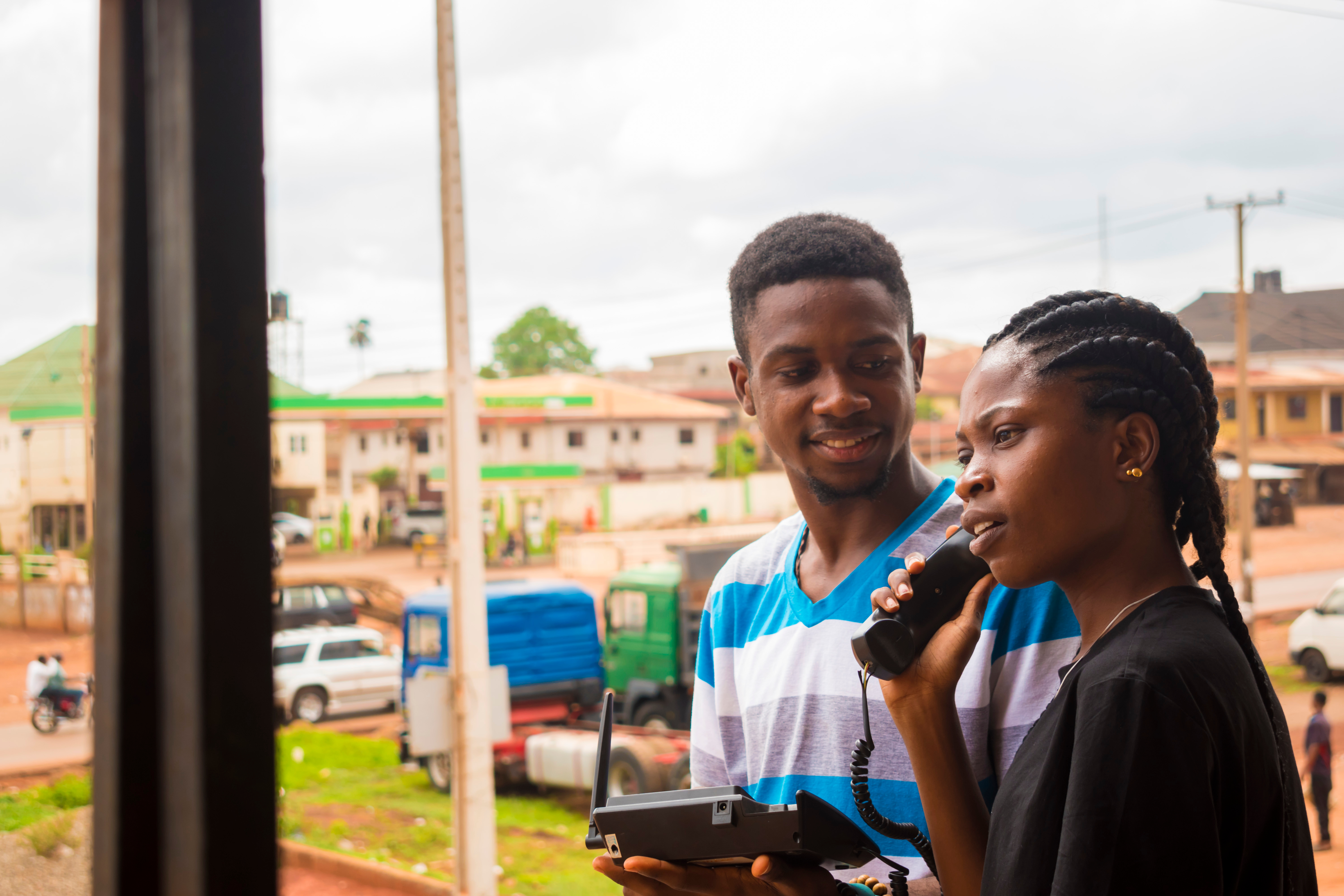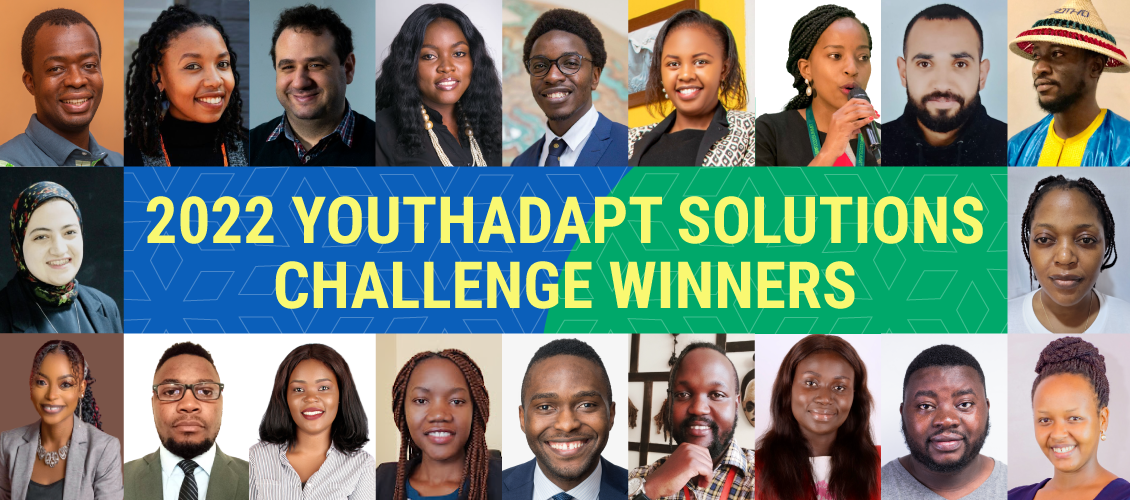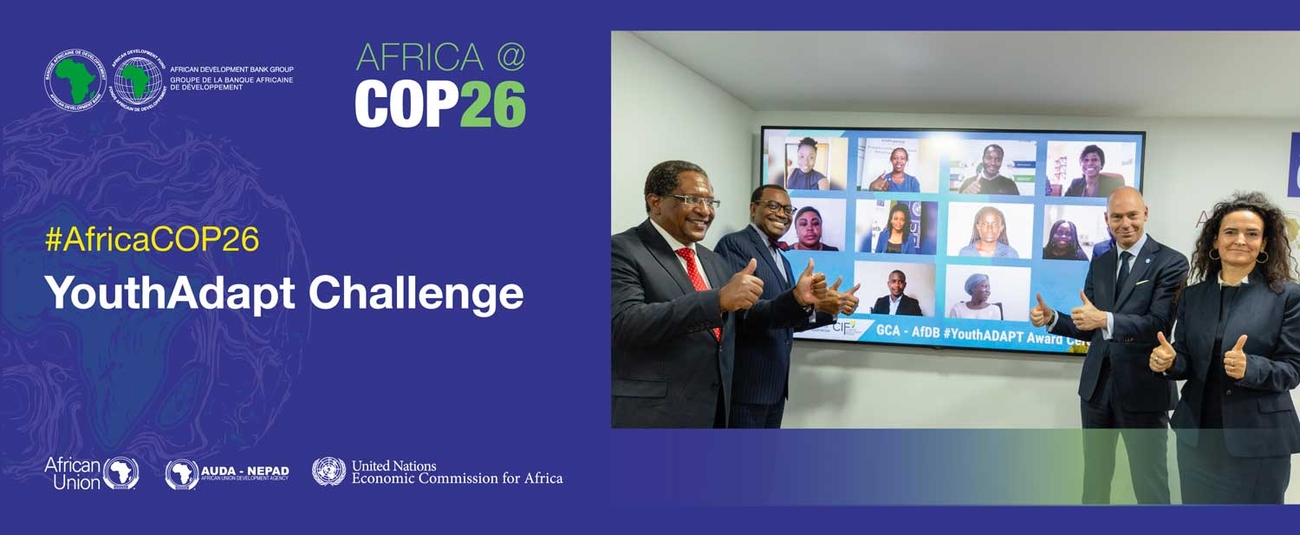
Youth enterprise development and capacity building project
Youth enterprise development and capacity building project
4 November, 2022Context
High youth unemployment is a major issue in South Sudan, being a cause and a consequence of fragility, and a source of political and social instability. Achieving and sustaining peace and development therefore requires employment opportunities for youth, who account for 72% of the population. The government is also faced with the challenge of reintegrating into the labour market South Sudan’s 1.6 million internally displaced people, 2.3 million refugees, and former members of armed groups, many of whom are youth.
However, the government does not have the required capacity; further undermined by the protracted conflict. The magnitude of the support required necessitates a strategic approach to assist priority institutions to drive implementation of the Revitalized Agreement on the Resolution of the Conflict in the Republic of South Sudan (R-ARCSS). Encouraging entrepreneurial skills and economic empowerment of youth is a key component of this, as well as supporting micro, small and medium-sized enterprises (MSMEs), which make up 92% of all businesses in the country.
Objectives
The youth enterprise development and capacity building (YEDCB) project will enhance employability and job creation for young women and men aged 18–35 years in South Sudan through strengthening the private sector, building entrepreneurship skills, and creating an enabling policy and institutional environment. The project seeks to ensure that youth with the potential to grow as entrepreneurs are self-employed or can create employment for others through their sustainable businesses.
The main objectives are two-fold: (i) to increase employability of youth by facilitating access to skills development, business development support and financing; and (ii) to enhance public service delivery of employment and labour market related services through institutional and human capacity development of the relevant government and private sector institutions and agencies, especially to support MSME development and youth economic empowerment. Strategies to achieve this will include tailored training by selected business development service providers, delivered through integrated business, employment, and innovation hubs (iHubs) and a revolving fund will provide interest free loans (US$2,000–10,000) to youth-led MSMEs with potential to grow their businesses.
Beneficiaries will include rural and urban youth, ex-combatants, returnees, persons with disabilities, and some forcibly displaced youth (refugees and IDPs) alongside youth in hosting communities to foster social cohesion. The project will also build capacity in six government institutions, mainly ministries in related sectors (covering youth, finance, labour, trade and public services).
AAAP added value
- Definition of the concept of “adaptation jobs”.
- Feasibility studies and assessment of job opportunities in adaptation that are to be carried out in Bank’s operations.
- Feasibility studies to assess integration of adaptation and mitigation measures for the sustainability of “adaptation jobs.
- Quality assurance and advisory services for results and evidence-based planning, management and M&E of the Youth Enterprise Development project interventions.
Expected Outcomes
- 3,510 youth led MSMEs established (50% women-led).
- 5,573 jobs created by youth-led MSMEs (50% women).
- 2,550 youth join 85 registered and operational village savings and loan associations (VSLAs).
- 753 youth-led MSMEs access interest free loans (50% women-led).
- 3,036 youth trained in business development and entrepreneurship (50% women).
- 10 business linkages established between youth-led MSEs and markets at national and regional levels.
- 5 ministries provided with ICT equipment and 200 personnel trained (30% women).
- 1 online trade portal and online business registration centre established.
Expected impacts
- Enhanced youth employment and employability by creating sustainable MSMEs in five states.
- Sustained growth through agricultural value chains, in agriculture, poultry and animal farming and fish.
- Expanded opportunities through increased and equitable access to productive capcity especially finance e.g. community-owned village savings and loan associations (VSLAs) model.
- Access to national and regional markets improved for youth-led MSMEs.



